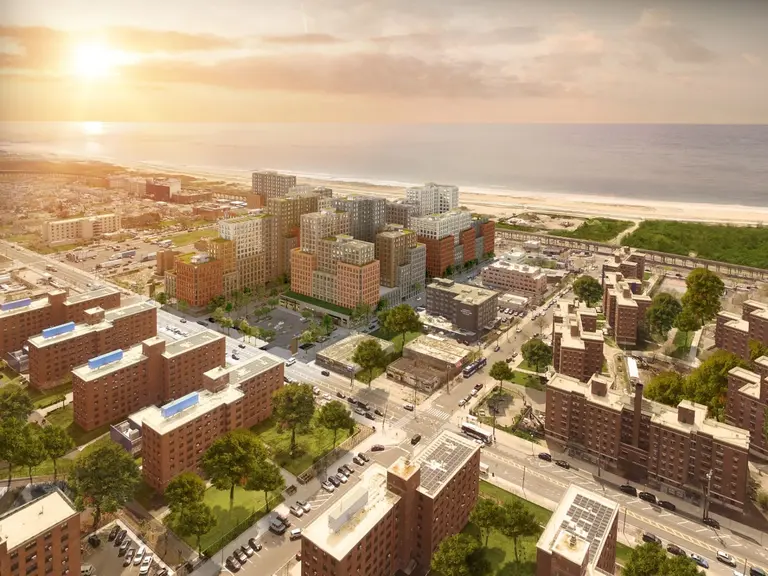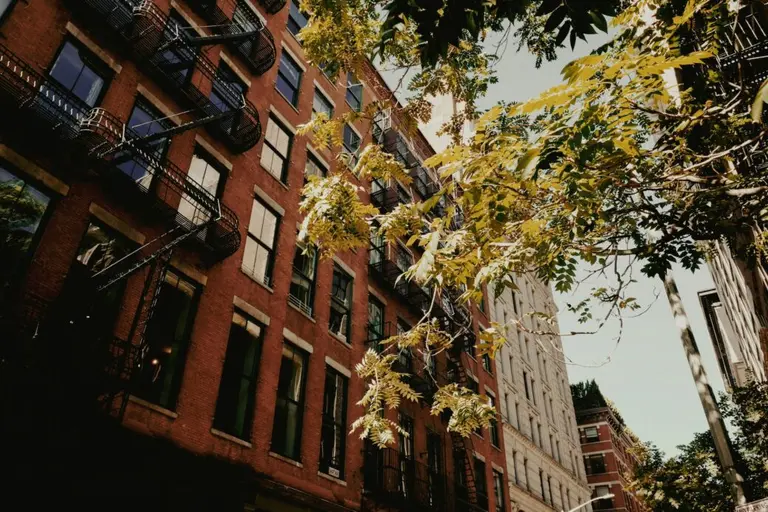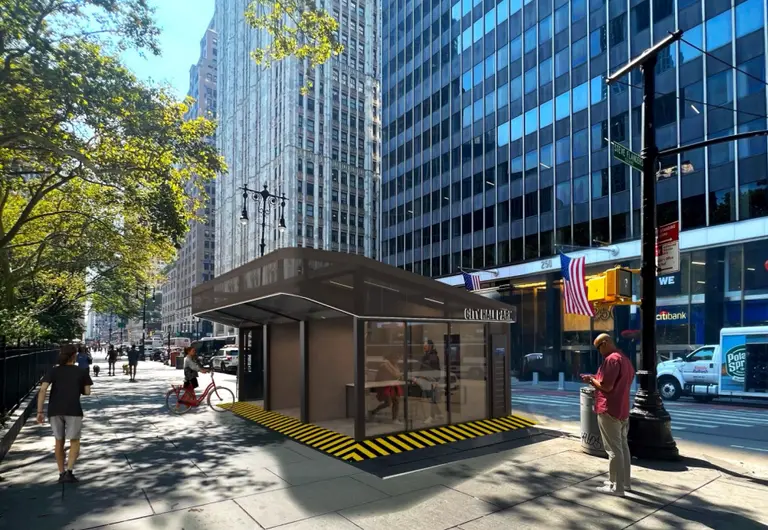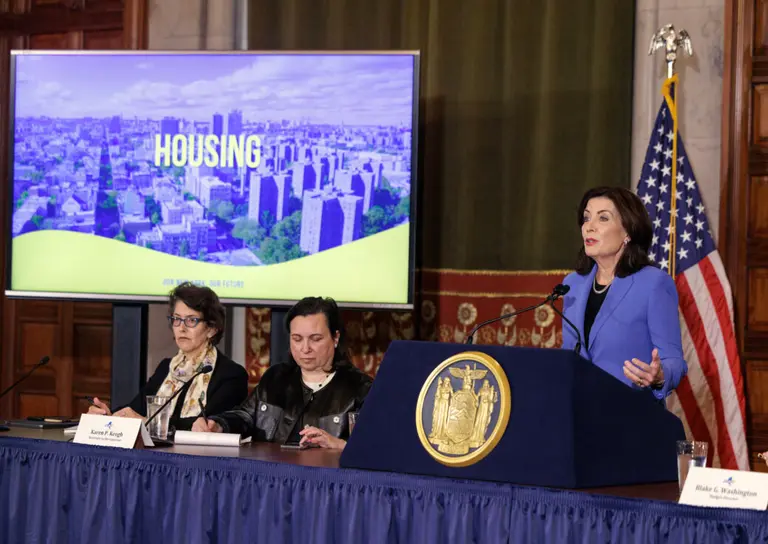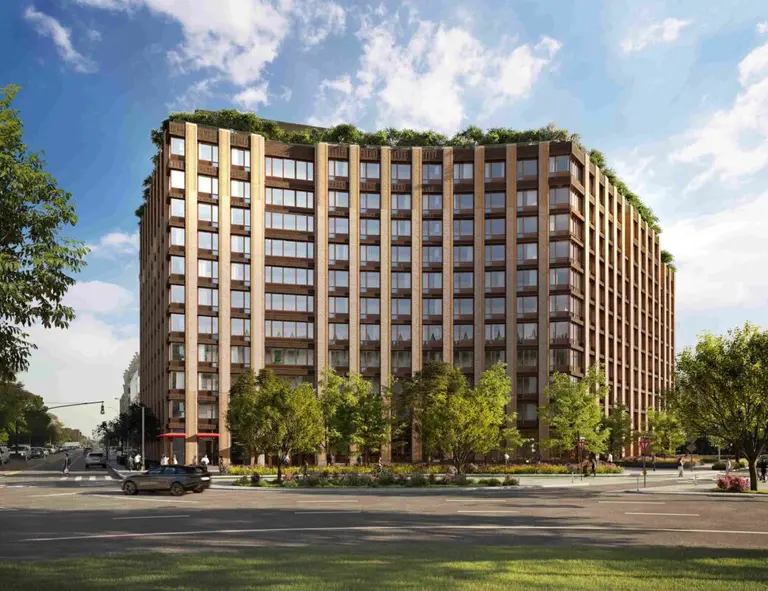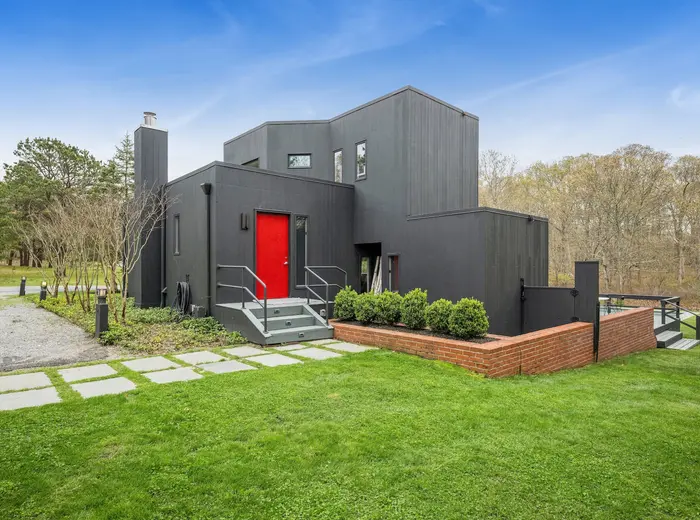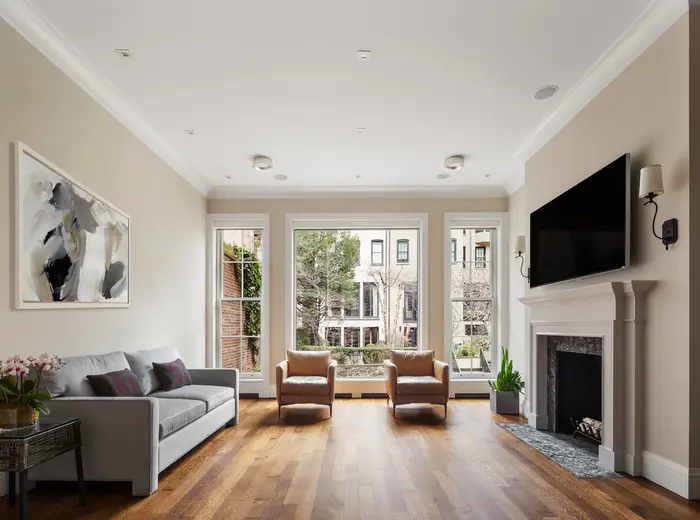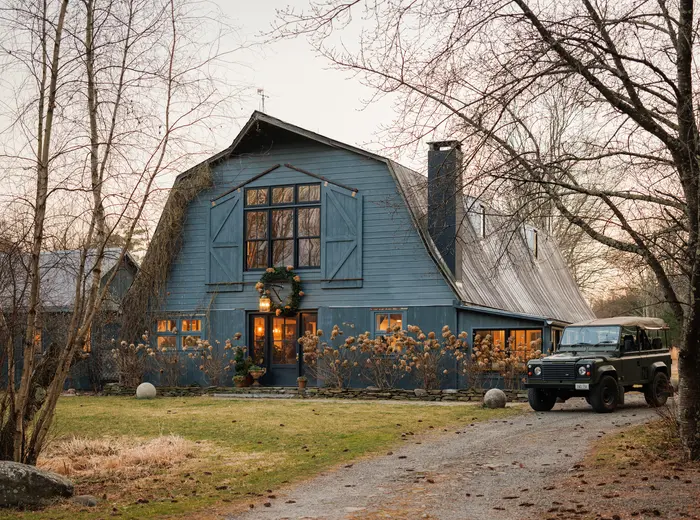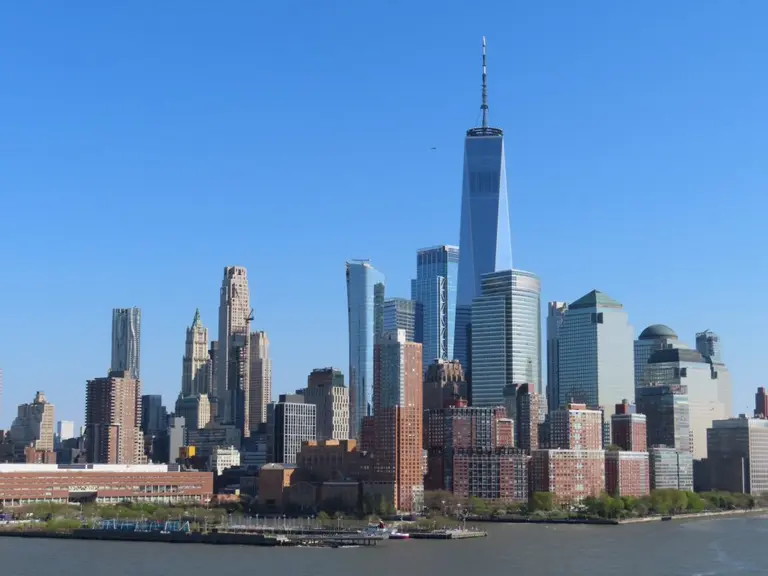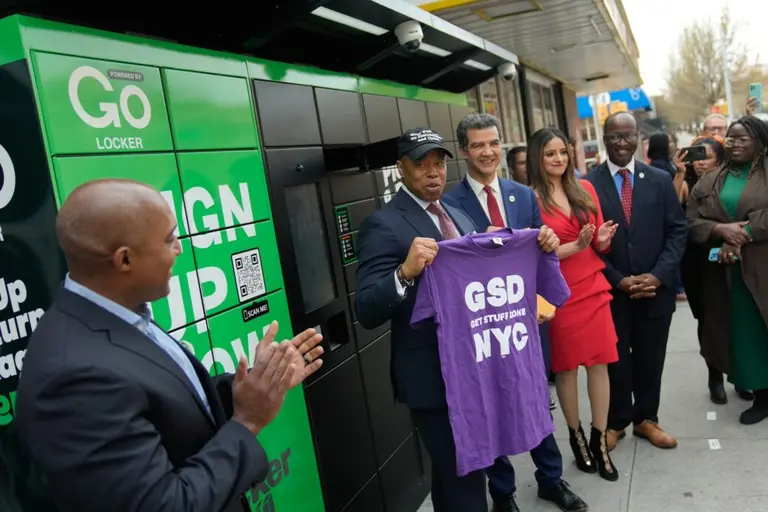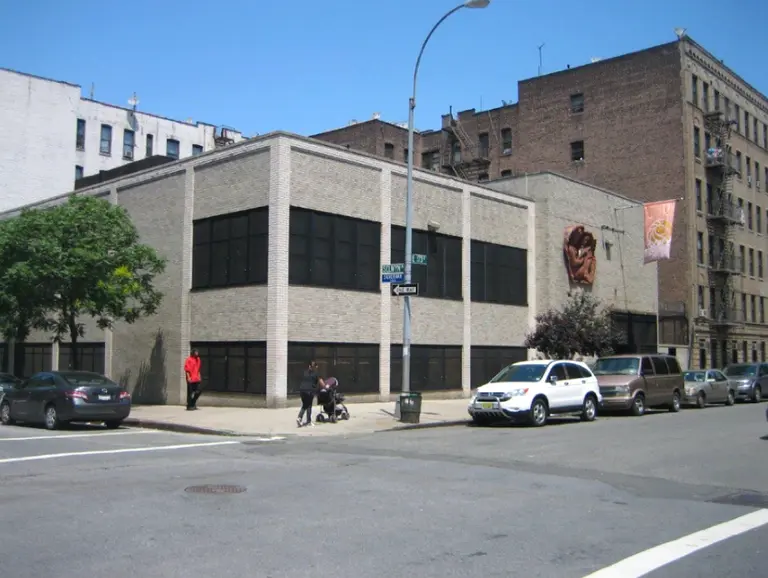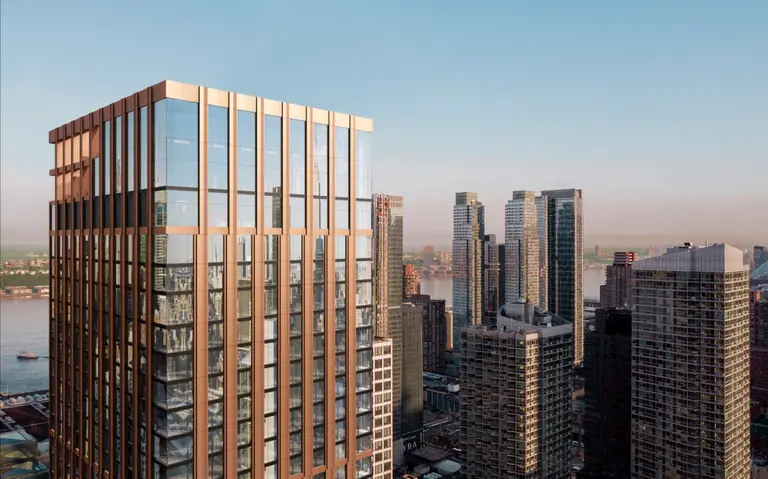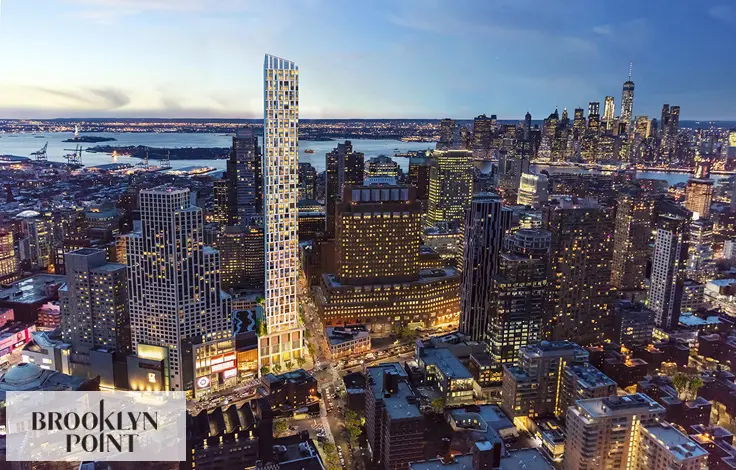2,600 supportive housing units in NYC remain vacant despite new developments

Image courtesy of mari small on Unsplash
The city has delivered on its promise to create more housing for homeless and mentally ill New Yorkers but has had trouble actually filling the units, according to a new report. Data released by the city last week obtained through a Freedom of Information Act (FOIA) request showed that 2,600 supportive housing units are still vacant despite New York City’s urgent housing crisis and despite Mayor Eric Adams’ pledge to streamline the application process for these apartments, as first reported by the New York Times.
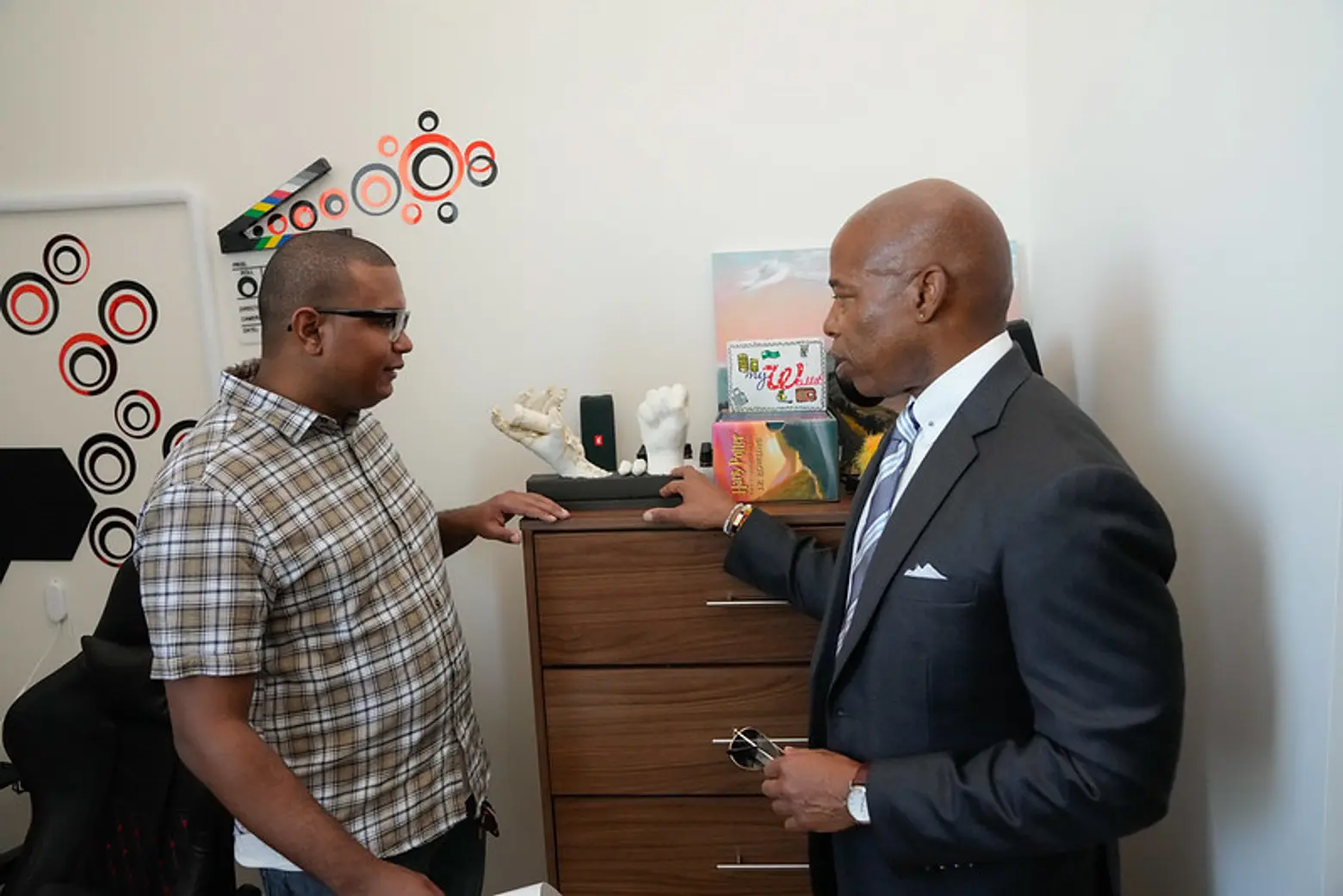
Mayor Adams touring an apartment at the T-Building in Jamaica, a former hospital that was converted into supportive housing; Photo courtesy of Michael Appleton/Mayoral Photography Office
According to city data, there are currently 2,585 vacant housing units, up nearly 1,100 from the point in July when Ryan Murray, deputy commissioner of the city’s Human Resources Administration, said that the number of vacant units was “below 1,500.”
The FOIA request was made by the Urban Justice Center’s Safety Net Project, a group that advocates for the social and economic justice of New Yorkers.
“Early on, the administration committed to ‘streamlining’ placements into supportive housing,” the Safety Net Project tweeted. “Instead, it’s been the same old: layers of bureaucracy & refusal to change the discriminatory, opaque and unaccountable ‘matching’ & ‘interview’ processes.”
The group added: “Terms like ‘housing first’ gets thrown around by officials, but NYC does not have anything resembling a ‘housing first’ approach to supportive housing. NYC’s approach is sweeps-first, shelter-first – anything but housing first. That needs to change.”
The number of vacant housing is more than enough to accommodate the 3,400 people that are living on city streets or in the subway as of January. However, the number is thought to be an undercount, according to the Times.
The placement of New Yorkers in supportive housing units has long been plagued by bureaucracy and a difficult application process. In the long-awaited housing plan announced by Mayor Eric Adams in June, eliminating unnecessary barriers to housing was a core goal.
The process for a homeless person to apply for housing requires them to gather extensive documentation and take part in rounds of mental health evaluations, both of which are arduous tasks for someone without a home.
Typically managed by the city’s Human Resources Administration, housing applicants must undergo a series of interviews which often lands them on month-long waitlists. In the end, housing providers will reject many applications, saying that applicants need more resources than their program can offer.
For every single applicant who is accepted for an apartment, there are four eligible applicants who get rejected, according to the Supportive Housing Network of New York, as the Times reported.
Despite the difficult process, over the course of 12 months, 7,400 people or families applied for supportive housing and were approved, according to a city report released in September. However, only 1,200 of those applicants, or 16 percent, received an apartment and even fewer actually moved in.
The data also showed that over 25 percent of applicants who had been experiencing homelessness for more than a year didn’t receive a referral for a housing interview and that the number of New Yorkers moved from the streets and subways into supportive housing was a mere 16.
The Safety Net Project of the Urban Justice Center and many other advocates for fair housing have taken issue with the Adams administration’s treatment of homeless New Yorkers and its effective use of affordable housing.
Many cite the city’s crackdown on homeless encampments as a misuse of effort and funding by the city, which could instead be streamlining the application and placement process for supportive housing.
Some of the total vacant apartments counted include newly opened buildings. The city opened two new housing projects last week, one in Dumbo, Brooklyn housed within a former Jehovah’s Witnesses hotel and the other at a former tuberculosis sanitarium at the Queens Hospital Center in Jamaica.
RELATED:
